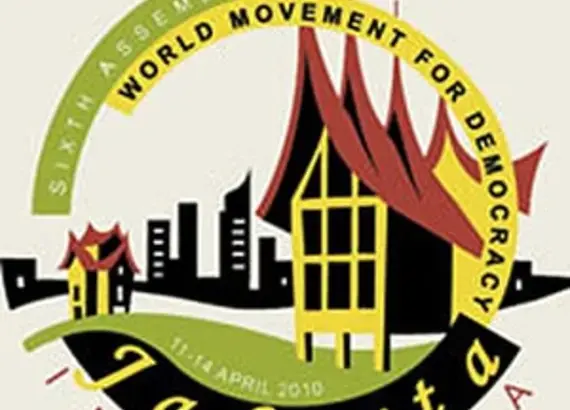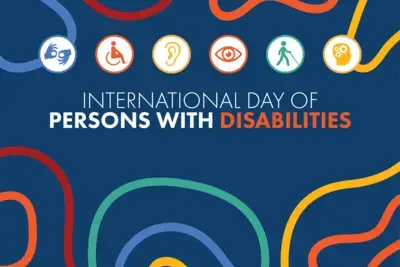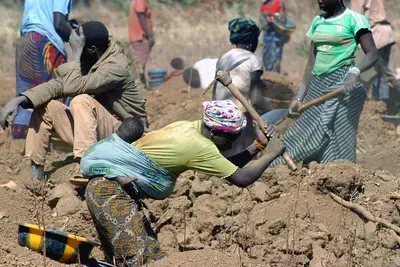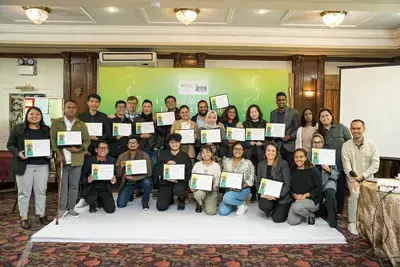
Success Story
NDI Brings Together Parliamentary Monitoring Groups in Jakarta
The efforts of civil society organizations to monitor and assess the work of legislatures often receive little attention, but this critical and growing area was the focal point of a recent meeting among representatives of parliamentary monitoring organizations (PMOs) and the international development community. The event, which took place at the Sixth Assembly of the World Movement for Democracy in Jakarta, Indonesia, also served as an introduction to the AGORA Portal for Parliamentary Development.
Organized by NDI, the conference began with a presentation of findings of a mapping project on PMOs that is part of a collaborative effort by the World Bank Institute (WBI) and NDI. The project consultant, Andrew G. Mandelbaum, said there are more than 185 PMOs monitoring 70 national parliaments, as well as sub-national legislatures and international legislative bodies. Due to the increasing use of e-democracy and e-participation tools, which may automate the data collection process or facilitate online interaction between legislators and constituents, as well as a broad recognition within civil society about the importance of parliaments for consolidating democracy, the number of PMOs continues to grow.
Clay Johnson, director of Sunlight Labs, discussed some of the foundation's contributions to this burgeoning field, including OpenCongress.org, a website that provides easy access to information about the legislative process in the United States, and CapitalWords.org, which analyzes word frequency in the U.S. Congress' Congressional Record. Aasiya Riaz, joint director of the Pakistan Institute of Legislative Development and Transparency (PILDAT), discussed the experiences of her organization in assessing the performance and activity of the National Assembly. She focused on PILDAT's successful implementation of the Inter-Parliamentary Union's Self-Assessment Toolkit for Parliaments in conjunction with a broad array of Pakistani political figures, including a number of parliamentarians and parliamentary staff.
At the meeting, NDI's Director of Governance K. Scott Hubli presented AGORA, a website designed to encourage collaboration around the world, as a platform for facilitating a web-based network for PMOs. The website, which continues to evolve, is currently available in English and French and, in addition to its social networking features, contains a library of resources that registered users can access. NDI joins the United Nations Development Programme, the WBI and the International Institute for Democracy and Electoral Assistance as members of AGORA's implementing board.
Pictured above: Sixth Assembly of the World Movement for Democracy logo
Published June 3, 2010



